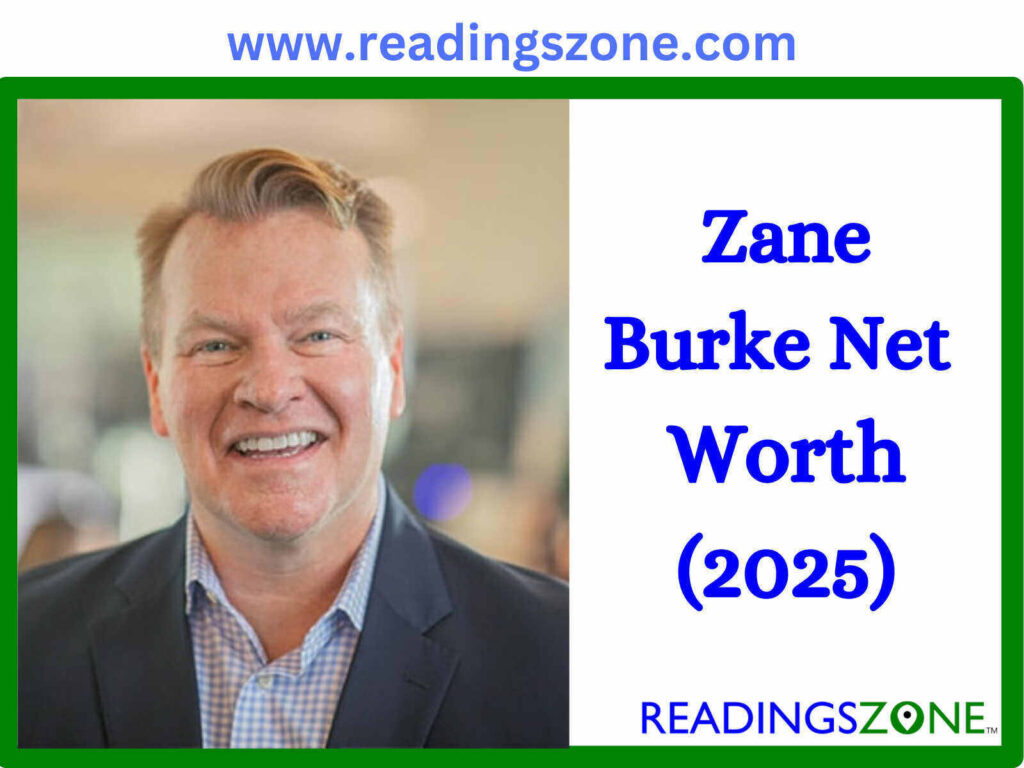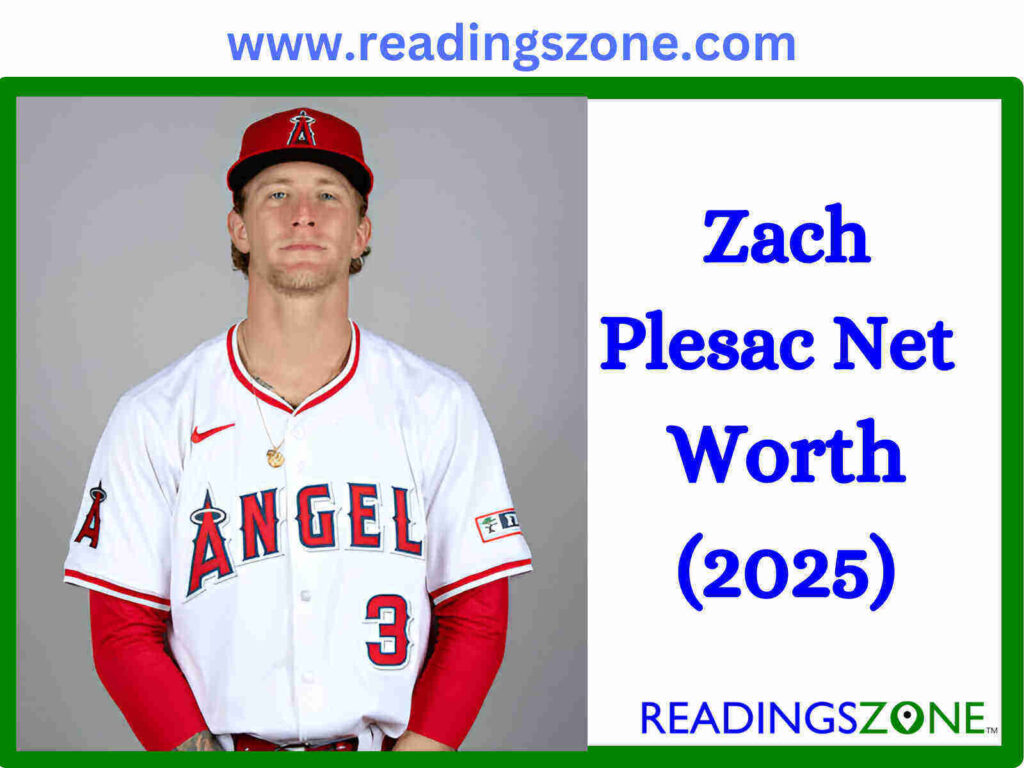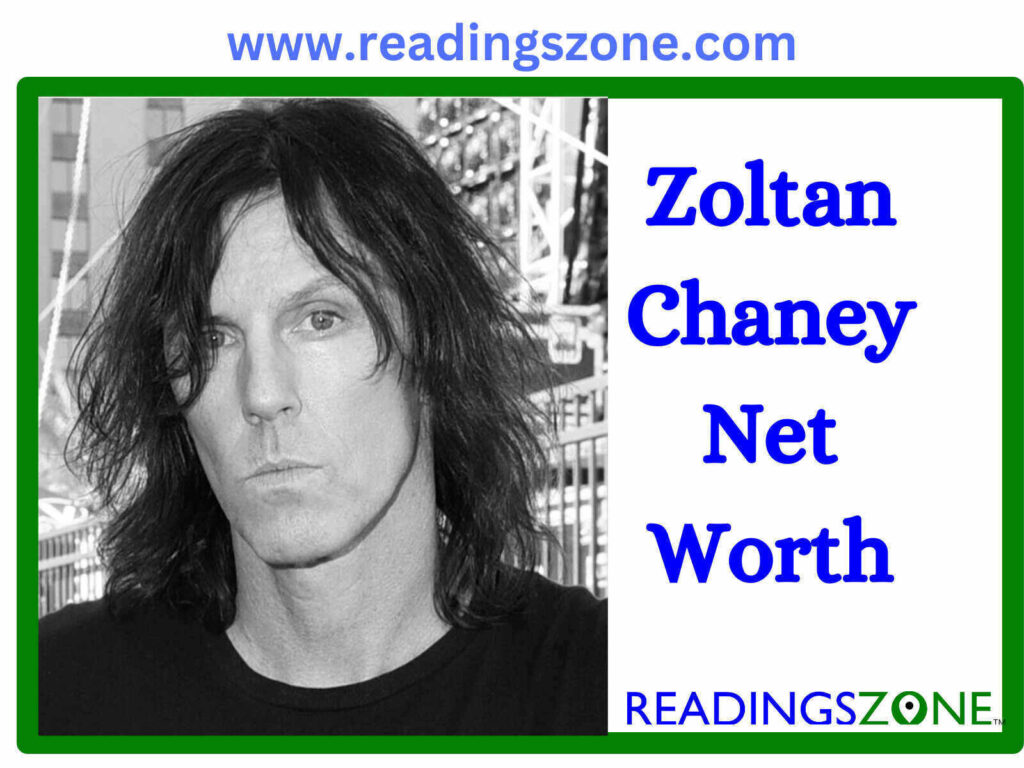Reading has always been a cornerstone of human knowledge and culture. From ancient scrolls to modern e-books, the act of reading has evolved but its importance remains undiminished. The ability to read and comprehend text is not just a skill but a gateway to a world of information, imagination, and understanding. This article delves into the significance of reading and how to select the right lessons to enhance your reading journey.
Importance of Reading
Reading is more than just a pastime; it is a fundamental skill that shapes our cognitive abilities and broadens our horizons. Historically, societies that prioritized literacy saw remarkable advancements in science, culture, and governance. For instance, the Renaissance period in Europe was marked by a surge in literacy rates, leading to unprecedented developments in art, science, and philosophy.
• Cognitive Development: Reading stimulates the brain, enhancing neural connectivity and improving cognitive functions such as memory, attention, and critical thinking.
• Emotional Intelligence: Through stories and narratives, readers develop empathy and a deeper understanding of human emotions and relationships.
• Knowledge Acquisition: Books are reservoirs of knowledge. From scientific theories to historical events, reading provides access to a vast array of information.
• Language Skills: Regular reading improves vocabulary, grammar, and writing skills, making communication more effective.
How to Choose the Right Lessons
Selecting the right reading material can be a daunting task given the plethora of options available. However, a structured approach can simplify this process.
1. Identify Your Interests: Start by pinpointing your areas of interest. Whether it’s fiction, science, history, or self-help, knowing what excites you will make the reading experience more enjoyable.
2. Set Goals: Determine what you aim to achieve through reading. Are you looking to gain knowledge, improve language skills, or simply relax? Your goals will guide your selection.
3. Seek Recommendations: Consult friends, family, or online communities for book recommendations. Websites like Goodreads and book clubs can also provide valuable insights.
4. Read Reviews: Before committing to a book, read reviews to gauge its relevance and quality. Reviews can offer a glimpse into the book’s content and style.
5. Sample Chapters: Many books offer sample chapters online. Reading a few pages can help you decide if the book aligns with your interests and goals.
Lesson Categories
To make the most of your reading journey, it’s essential to explore various categories. Each category offers unique insights and experiences, enriching your overall understanding.
Literature and Fiction
Classic Literature
Classic literature stands the test of time, offering timeless themes and profound insights into human nature. Works like “Pride and Prejudice” by Jane Austen and “Moby Dick” by Herman Melville continue to captivate readers with their intricate plots and rich character development.
• Timeless Themes: Classic literature often explores universal themes such as love, ambition, and morality, making them relevant across generations.
• Cultural Insight: These works provide a window into the societal norms and values of their time, offering a historical perspective.
• Language Mastery: The language used in classic literature is often rich and complex, providing an excellent opportunity to enhance vocabulary and comprehension skills.
Modern Fiction
Modern fiction reflects contemporary issues and trends, offering fresh perspectives and innovative storytelling techniques. Authors like Haruki Murakami and Chimamanda Ngozi Adichie push the boundaries of traditional narratives, creating immersive and thought-provoking experiences.
• Current Themes: Modern fiction often tackles current social, political, and environmental issues, making it highly relevant.
• Diverse Voices: Contemporary authors come from various backgrounds, offering diverse perspectives and stories.
• Innovative Styles: Modern fiction experiments with narrative structures and styles, providing a unique reading experience.
Science and Technology
Breakthroughs in Science
Science books demystify complex concepts and present groundbreaking discoveries in an accessible manner. Works like “A Brief History of Time” by Stephen Hawking and “The Gene” by Siddhartha Mukherjee offer deep dives into the mysteries of the universe and the intricacies of human biology.
• Understanding the Universe: Science books explain the fundamental principles governing the universe, from quantum mechanics to cosmology.
• Medical Advancements: Books on medical science provide insights into the latest research and treatments, enhancing our understanding of health and disease.
• Technological Innovations: Learn about the cutting-edge technologies shaping our future, from artificial intelligence to renewable energy.
Technological Innovations
Technology books explore the rapid advancements in various fields, offering a glimpse into the future. Titles like “The Innovators” by Walter Isaacson and “Elon Musk” by Ashlee Vance delve into the minds behind the technological revolution.
• Historical Context: Understand the evolution of technology and its impact on society.
• Future Trends: Gain insights into emerging technologies and their potential applications.
• Innovative Thinkers: Learn about the visionaries driving technological progress and their contributions.
History and Culture
Significant Historical Events
History books provide a detailed account of past events, helping us understand the present and anticipate the future. Works like “Sapiens” by Yuval Noah Harari and “The Silk Roads” by Peter Frankopan offer comprehensive overviews of human history.
• Contextual Understanding: Historical events shape the present. Understanding them provides context for current affairs.
• Lessons from the Past: History offers valuable lessons, helping us avoid past mistakes and make informed decisions.
• Cultural Evolution: Learn about the cultural shifts and developments that have shaped societies over time.
Cultural Milestones
Books on culture explore the artistic, social, and intellectual achievements of various civilizations. Titles like “The Story of Art” by E.H. Gombrich and “The Culture Code” by Daniel Coyle delve into the essence of cultural phenomena.
• Artistic Achievements: Discover the masterpieces of art, literature, and music that have defined cultures.
• Social Dynamics: Understand the social structures and norms that influence cultural practices.
• Intellectual Movements: Learn about the philosophical and intellectual movements that have shaped human thought.
Personal Development
Self-Improvement Techniques
Self-help books offer practical advice and strategies for personal growth. Titles like “Atomic Habits” by James Clear and “The Power of Now” by Eckhart Tolle provide actionable insights for improving various aspects of life.
• Goal Setting: Learn effective techniques for setting and achieving personal and professional goals.
• Mindfulness: Discover the benefits of mindfulness and meditation for mental well-being.
• Productivity: Explore strategies for enhancing productivity and managing time effectively.
Career Growth Strategies
Career development books provide guidance on navigating the professional landscape. Works like “Lean In” by Sheryl Sandberg and “The 7 Habits of Highly Effective People” by Stephen Covey offer valuable insights for career advancement.
• Leadership Skills: Develop essential leadership qualities and learn how to inspire and motivate others.
• Networking: Understand the importance of networking and building professional relationships.
• Career Planning: Gain insights into career planning and progression, from entry-level positions to executive roles.
Health and Wellness
Physical Health
Books on physical health cover a wide range of topics, from nutrition and exercise to disease prevention. Titles like “How Not to Die” by Michael Greger and “The Body” by Bill Bryson offer comprehensive guides to maintaining physical well-being.
• Nutrition: Learn about the importance of a balanced diet and the role of various nutrients in maintaining health.
• Exercise: Discover the benefits of regular physical activity and explore different types of exercise routines.
• Disease Prevention: Gain insights into preventive measures for common diseases and conditions.
Mental Well-being
Mental health books address various aspects of psychological well-being, offering strategies for managing stress, anxiety, and other mental health issues. Works like “The Happiness Project” by Gretchen Rubin and “Feeling Good” by David D. Burns provide practical advice for achieving mental wellness.
• Stress Management: Learn techniques for managing stress and maintaining a healthy work-life balance.
• Emotional Resilience: Discover strategies for building emotional resilience and coping with life’s challenges.
• Mental Health Disorders: Gain a deeper understanding of common mental health disorders and their treatments.
Relevant Data Table For The 100 Lessons to Read:
| Category | Book Title | Author | Link |
|---|---|---|---|
| Literature and Fiction | Pride and Prejudice | Jane Austen | Book Outlet |
| Science and Technology | A Brief History of Time | Stephen Hawking | Shake and Co |
| History and Culture | Sapiens | Yuval Noah Harari | Book Outlet |
| Personal Development | Atomic Habits | James Clear | Shake and Co |
| Health and Wellness | How Not to Die | Michael Greger | Book Outlet |
FAQs:
What are the benefits of reading classic literature?
Classic literature offers numerous benefits that extend beyond mere entertainment. These timeless works provide profound insights into human nature, societal norms, and historical contexts. For instance, reading “Pride and Prejudice” by Jane Austen not only immerses you in a captivating love story but also offers a glimpse into the social dynamics of 19th-century England.
• Timeless Themes: Classic literature often explores universal themes such as love, ambition, and morality, making them relevant across generations.
• Cultural Insight: These works provide a window into the societal norms and values of their time, offering a historical perspective.
• Language Mastery: The language used in classic literature is often rich and complex, providing an excellent opportunity to enhance vocabulary and comprehension skills.
How can I improve my reading comprehension?
Improving reading comprehension involves several strategies that can be practiced regularly. Start by selecting texts that interest you, as engagement is crucial for comprehension. Take notes while reading to summarize key points and reflect on the material.
• Active Reading: Engage with the text by asking questions, making predictions, and summarizing information.
• Vocabulary Building: Enhance your vocabulary by looking up unfamiliar words and using them in sentences.
• Practice Regularly: Consistent reading practice helps improve speed and comprehension over time.
What are some recommended books for personal development?
Personal development books offer valuable insights and practical advice for improving various aspects of life. Titles like “Atomic Habits” by James Clear and “The Power of Now” by Eckhart Tolle provide actionable strategies for personal growth.
• Goal Setting: Learn effective techniques for setting and achieving personal and professional goals.
• Mindfulness: Discover the benefits of mindfulness and meditation for mental well-being.
• Productivity: Explore strategies for enhancing productivity and managing time effectively.
How do I choose the right science books to read?
Selecting the right science books involves identifying your interests and goals. Are you fascinated by the mysteries of the universe, or are you more interested in medical advancements? Reading reviews and sample chapters can also help you make an informed decision.
• Identify Interests: Determine whether you are interested in physics, biology, technology, or another field.
• Read Reviews: Reviews can provide insights into the book’s content and quality.
• Sample Chapters: Many books offer sample chapters online, allowing you to gauge their relevance and readability.
What are the benefits of reading for mental well-being?
Reading has numerous benefits for mental well-being. It can reduce stress, improve focus, and enhance empathy. Books like “The Happiness Project” by Gretchen Rubin and “Feeling Good” by David D. Burns offer practical advice for achieving mental wellness.
• Stress Reduction: Reading can be a relaxing activity that helps reduce stress levels.
• Emotional Resilience: Discover strategies for building emotional resilience and coping with life’s challenges.
• Mental Health Disorders: Gain a deeper understanding of common mental health disorders and their treatments.
Conclusion:
Reading is a powerful tool for personal and intellectual growth. From classic literature to modern fiction, science to history, and personal development to health and wellness, the right lessons can enrich your life in countless ways. By selecting the right books and dedicating time to reading, you can unlock new worlds of knowledge and understanding.
Posts References:
Teach Your Child to Read in 100 Easy Lessons – Book Outlet
Teach Your Child to Read in 100 Easy Lessons – Shakespeare & Co.




